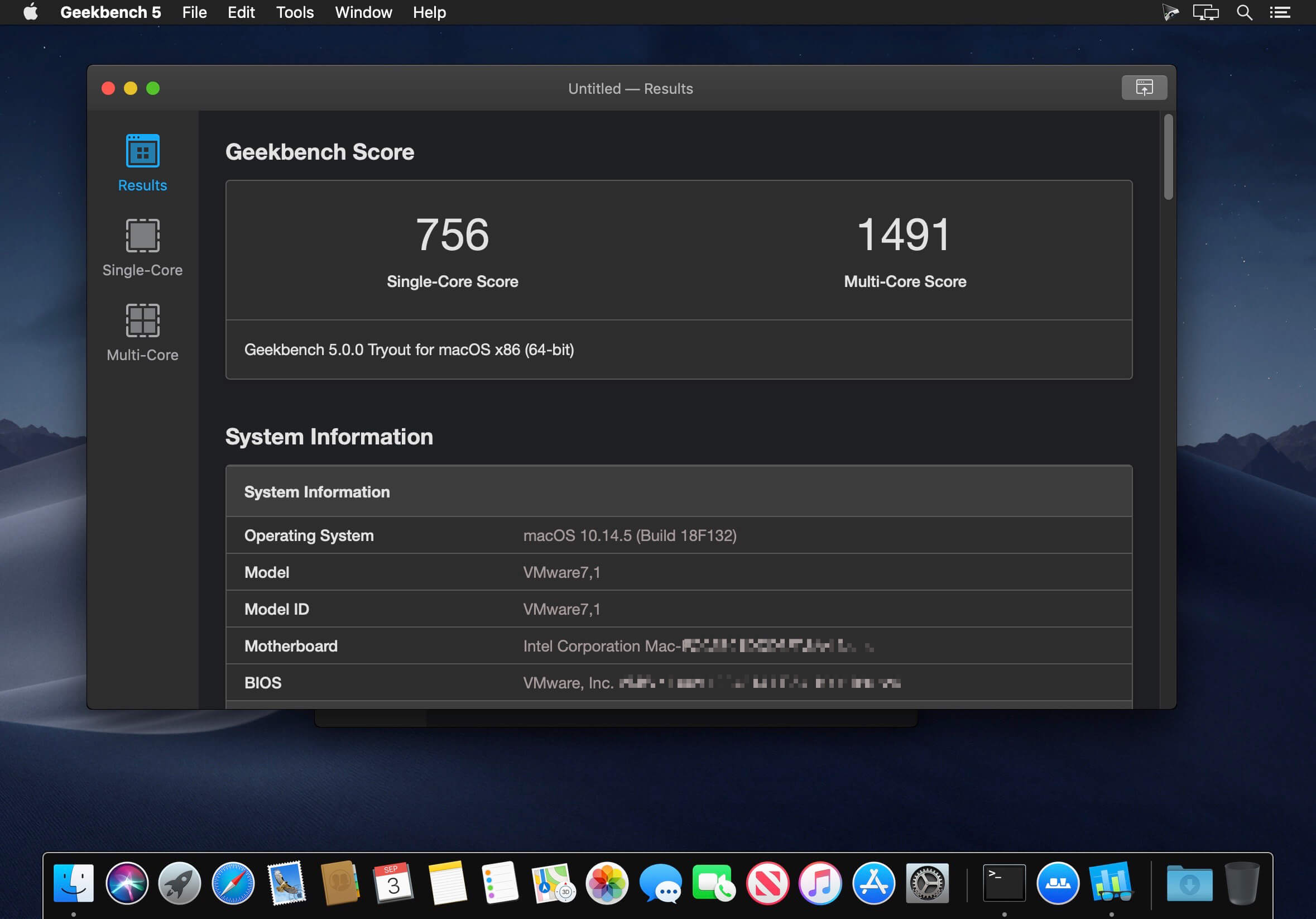
#GEEKBENCH SCORE ANDROID#
As you might expect, the iPhones left the Android devices we tested in the dust on Wild Life Unlimited. Here, things went as expected, with the iPhone 12 Pro posting the best numbers and both new iPhones outperforming the iPhone 11 Pro Max. There's also an Unlimited version of the Wild Life benchmark that runs the testing off-screen. The iPhone 12 Pro's result is 57% better. The best result we've gotten as we retest recently released phones comes from the Samsung Galaxy Note 20 Ultra, which turned in a result of 4,182 (25 FPS). While we puzzle why the older iPhone fared better on this particular benchmark, it's worth noting that the Android phones we've tested so far with 3DMark Wild Life finish well behind the iPhone 12. The iPhone 12 and iPhone 12 Pro turned in similar results to each other at 6,562 and 6,567, respectively. We ran into a surprise with this test where the iPhone 11 Pro Max actually posted a better result than the new iPhones, averaging a score of 7,709 or 42 frames per second. This benchmark has phones render complex scenes in real-time, as it looks to mirror games that feature short bursts of intense activity. iPhone 12: Graphics benchmarkįor graphics, we used 3DMark's new Wild Life test, a new cross-platform benchmark meant to compare graphics performance on new handsets.

Other Android flagships like the Galaxy Note 20 Ultra and Galaxy S20 Plus also lag behind. But the ROG Phone 3's single core and multicore scores of 974 and 3,3393 are well behind what you see from the iPhone 12 models. The ROG Phone 3 from Asus had the best results in Geekbench, thanks to its Snapdragon 865 Plus chipset, an overclocked version of the standard 865.

More importantly, both iPhones beat out all of the recent Android devices we've tested. The iPhone 12 Pro's best results topped the iPhone 12, with scores of 1,595 and 3,880. Those are improvements 19% and 10%, respectively, over the iPhone 11 Pro Max's single-core and multicore results in the same test. The iPhone 12 posts the best numbers in Geekbench 5, with a single core score of 1,593 and a multicore score of 3,859.


 0 kommentar(er)
0 kommentar(er)
